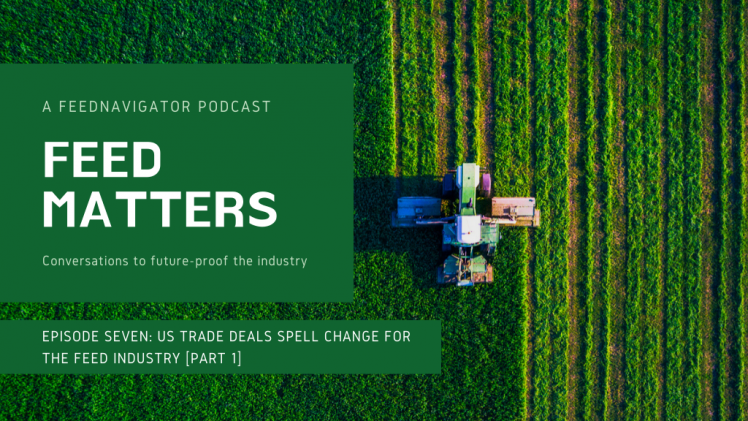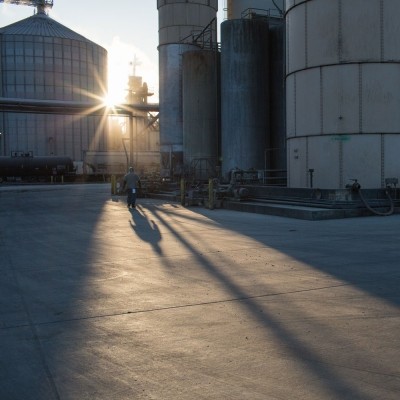Part 1 of a two-part dive into US trade deals
US trade deals spell change for the feed industry

The new US, Mexico, Canada Agreement (USMCA) was passed by the US Congress and has been signed by US President Donald Trump. However, full ratification waits on the deal to be signed by Canada, said Gina Tumbarello, director of international policy and trade at the American Feed Industry Association (AFIA).
“In order for USMCA to officially be implemented, all three signatory parties have to ratify,” she told FeedNavigator. “Mexico’s already done that, at the end of January President Donald Trump signed it officially ratifying that for the US, and now all that’s pending is Canada’s ratification.”
When fully ratified, the trade deal will replace the North American Trade Agreement (NAFTA), which took effect in 1994. That deal helped expand exports of US-produced agricultural products from $8.9bn in exports in 1993 to $39bn in 2016, according to data from the Farmers for Free Trade organization.
USMCA helps secure open markets with Canada and Mexico and updates some of the provisions guiding how sanitary and phytosanitary (SPS) issues are addressed and reduces some technical barriers to trade (TBT), said Tumbarello.
“Under NAFTA we were already enjoying zero tariffs,” she said. “With the implementation of USMCA – the big wins are reinforcing those [elements] that allowed our industry to flourish and improving the conditions of competition and trade for our products.”
Trade with Vietnam
In addition to work on the trade deal with Canada and Mexico, the AFIA has been conducting a market assessment for feed industry trading opportunities with Vietnam, said Tumbarello.
“We should be wrapping that up here shortly and, hopefully, we will have some really beneficial takeaways from that assessment, ways we can capture some opportunities in that market,” she said.
In addition, the association is following the administration’s efforts to start bilateral trade negotiations with Kenya, she said. A trade deal with a country in Africa could help establish parameters for future trade agreements on that continent.
“We definitely want to be engaged as much as possible on behalf of our industry and our members with our trade negotiators to ensure that our interests are addressed, and captured, and, more importantly, so we can better understand what are the opportunities in that market for our members,” Tumbarello said.

















